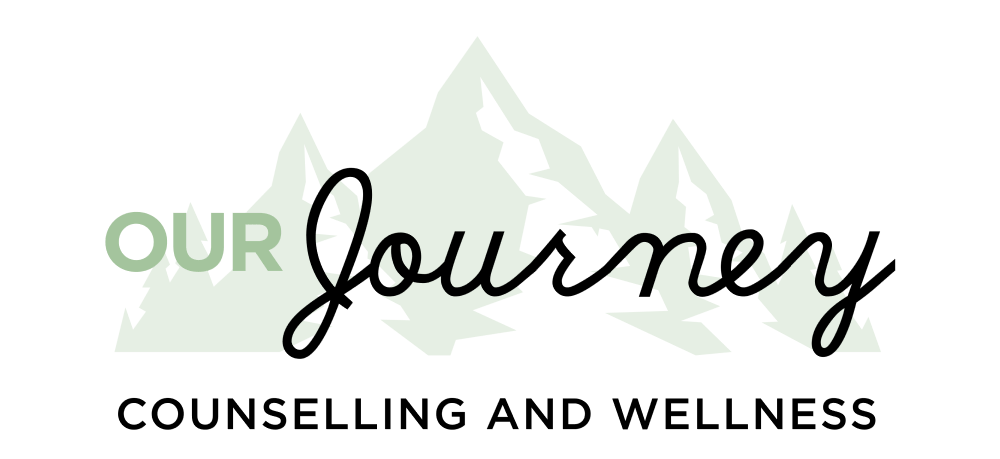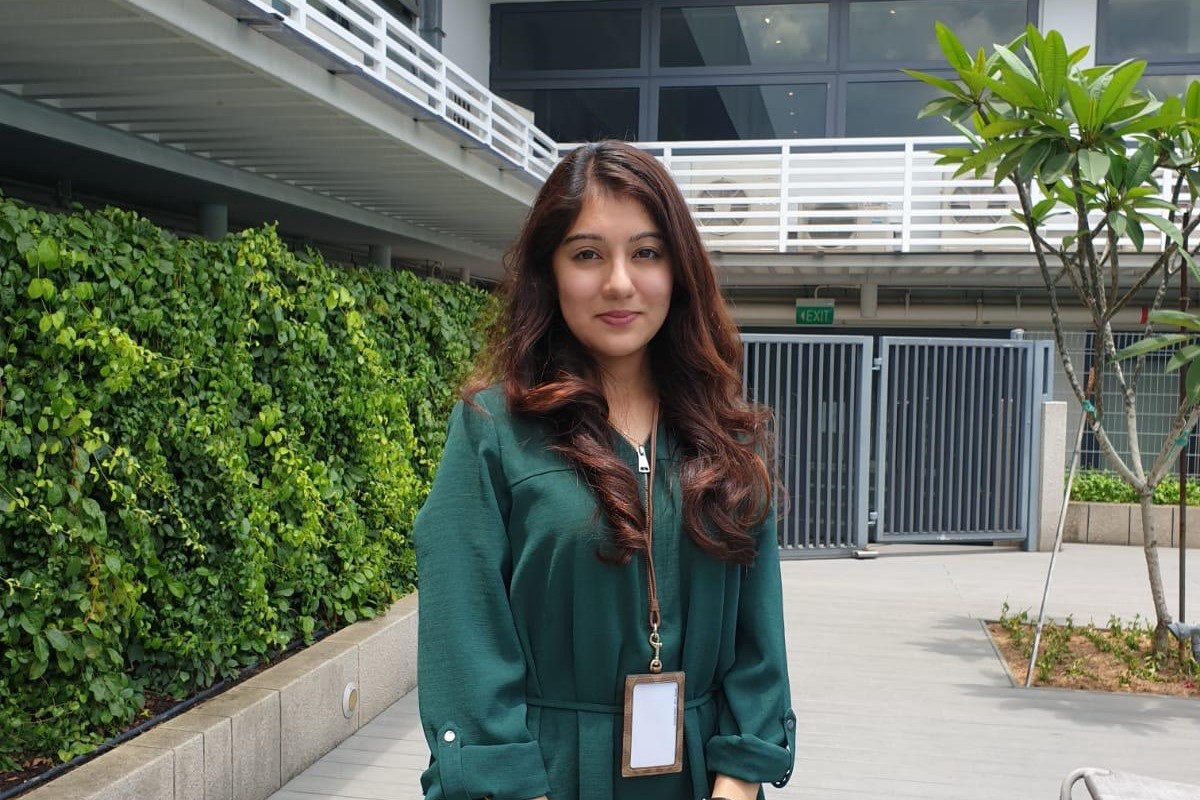Mental Health has always been a tricky space to navigate. Even today, with online resources and more awareness about the subject, some still struggle to reach out for help. In light of therapy being labelled as a non-essential service during this crucial time, we reached out to our resident counsellor Trish, for some practical advice and some insight to the importance of social support.
Tell us a little bit about yourself and what you do!
“I’m a practitioner in Counselling and a Social Emotional Learning (SEL) workshop trainer for more than 6 years, currently pursuing a Masters in Counselling at ECTA.”
What do you like to do in your spare time?
“I enjoy reading, doing Bollywood zumba and painting which I find to be very therapeutic.”
What are you passionate about?
“I’ve always enjoyed working with children and they never fail to surprise me with their creative young minds. I’m passionate about providing help and support to those in need because it is something very fulfilling to heart.”
Like everyone else, Trish faces certain challenges as a counsellor. She notes that it is important to have a work-life balance. In the case that things get too stressful, it is always wise to reach out and have a conversation about managing these pressures.
Are there any myths/common misconceptions of your job that you’d like to debunk?
“A common misconception is that people who attend counselling are a problem or are problematic. This is not true at all. They are not a problem but instead, they have a problem.” Problems manifest in different spectrums and we all deal with it differently.
“Some of us are blessed to have people we can openly share these challenges with and seek help from. Some are able to manage challenges themselves. But there are also some who do not have anyone to turn to when they need help. Hence, seeking help from Counsellors is an option for those who need support in overcoming their challenges or may simply just need a listening ear.”
Seeing a counselor when you need someone to talk to is no different than seeing a doctor when you’re ill. Remember that reaching out to someone doesn’t make us ‘weak’, it only makes us ‘stronger’ because we love ourselves enough to do something that will get us moving forward for the better.
What are your thoughts on managing stress during this period where the news of Covid-19 might bring some people more distress?
“We need to first acknowledge that stress is something we create for ourselves because of certain pressures that we experience. If we are constantly thinking about how inconvenient it is to be home all-day everyday, worrying about the situation getting worse and how we are missing out on so many things, then we’re creating stress that is not helpful to us.”
Staying home with everyone is something a lot of us may find tough to adapt to, what we can do to manage ourselves better would be to plan our days to ensure that we remain productive?
“Planning! Plan to sleep in or binge watch your favourite show. For those working from home, ensure that the environment you’re doing your work in, is conducive and will allow you to be as efficient as possible.”
We’ve always been busy with our own work,studies and personal life. This is a chance to get to know each other better and stay safe together. Connect with your friends and loved ones online to maintain our relationships and ensure that we don’t feel so alone during these times.
Work with what we have and keep hope that better days are here as long as we make them to be.
With so many things going on, some people feel pressured to be doing something even when they don’t feel like they can, what are some things that can be done to regulate mental health?
“Everyone has their own ways or will find their own unique ways of regulating mental health. I enjoy painting in my cosy room, with a lighted scented candle and soft music playing in the background. It helps me relax and the process of painting can be a mindful one.”
Here are some suggestions:
- Stay active; it could be as simple as doing a 10-minute workout or stretch yourself after every 1 to 2 hours of sitting down.
- Do things that make you happy; watch your favourite stand-up comedian, dance like nobody’s watching or cook your favourite meal
- Keep in touch with your friends and relatives. Schedule a video call to catch up with them. If you’re camera shy, simply just call them instead. Hearing their voice may make you feel less lonely too!
- Eat healthy! Food affects our mood and so eating right, will help you feel right too!
As much as it is easy to give out tips, some of us have it harder and advice alone is not enough, how do you feel about counselling being labelled as a non essential service?
“I’m concerned about the therapeutic alliance built between counsellor and client which may be affected if the counsellor does not keep in touch with the client. Furthermore, there are some individuals whose counselling issue may be; loneliness, lack of motivation and social isolation. These clients’ mental health may worsen because of the necessary strict measures our government has put in place due to the virus.”
Is there any way we can go about it?
“Counsellors should still make themselves available digitally in times like this where people may be emotionally, mentally and physically affected by the circumstances of this period. As Counsellors, we should still maintain the therapeutic alliance that we’ve built with our clients, by checking in with them and enquiring about how they’re coping in this period of time. Assure them that we’re still here for them and online arrangements can be made should they feel the need to have a counselling session. “
What are some of the problems people might face that may not be as obvious to an observer?
“There are individuals who are staying on their own, and may feel a sense of isolation in this period for they are unable to leave home to socialise.”
How can mental health professionals rally together to help those affected by the virus?
Mental health professionals could help by sharing some tips and providing advice as to how we can cope with some of the challenges individuals may be facing.
Some may not be able to adapt well in sharing space with others in their home for days hence leading to a build-up of frustration and strayed relationships.
All mental health professionals have their own expertise and could share something in their specialisation, in relevance to managing ourselves and our emotions better, that’ll help a lot of those who may already be ‘feeling the heat’ of staying home everyday.
Mental Health Professionals could also volunteer their time in providing assistance to someone who may urgently need professional help. If everyone works together to support our community in ways that we can, things will get better, faster.
With more awareness on mental health, the workload on mental health professionals would increase proportionately, do you have any advice to manage stress?
“In order for us to help others, we need to ensure that we are alright too. I’d like to believe that everyone needs someone and that we have our own capacities in helping others. Mental Health Professionals should continue to be self-aware and self-sufficient before extending support to others. Connect with your colleagues and look out for one another.”
With such trying times ahead, there will be a greater need to have mental health support. More than ever, we need to pull resources together and think of ways to support each other in this delicate ecosystem.
Humans are fundamentally social beings and being alone for extended periods of time can cause ‘burn-out’. Remember that as much as we want to provide help, we need to first ensure that we are mentally and emotionally capable to. So, practice self care and let us all rally together as a community to support one another.




